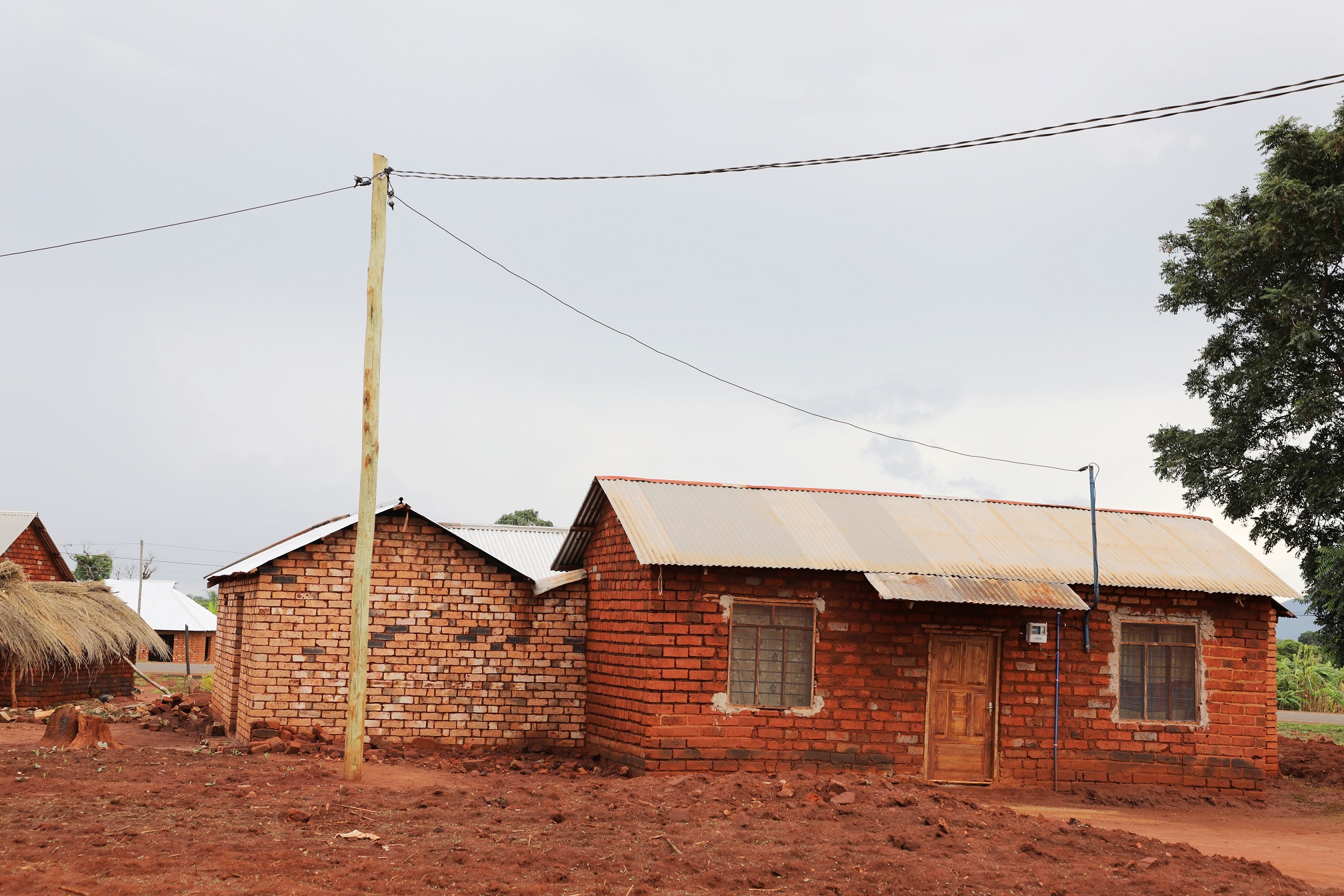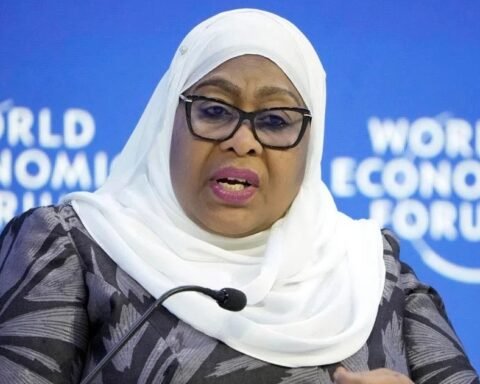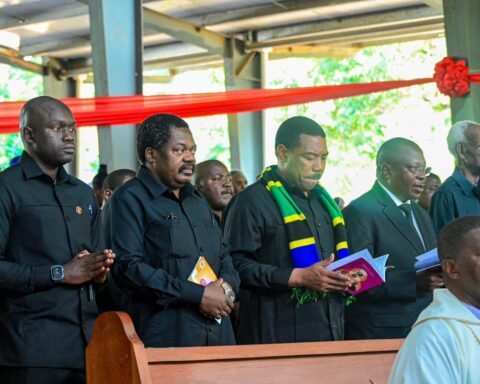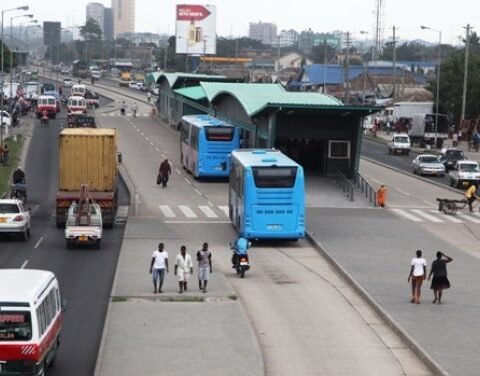Tanzania has made remarkable progress in rural electrification, with 12,301 of its 12,318 villages now connected to electricity.
This achievement represents a 99.9% electrification rate, a significant milestone celebrated by the Rural Energy Agency (REA).
Jones Olotu, the Director of Rural Electrification, shared the update during a press briefing in Dar es Salaam on January 5, 2025. He noted that the remaining 17 villages are on track to be electrified by the end of January 2025, with contractors working diligently to complete the necessary infrastructure.
“This success is a testament to our government’s commitment to improving lives in rural areas,” Olotu stated. “Electricity is not just about light; it’s about creating opportunities for education, health, and economic growth.”
The REA’s rural electrification efforts have already transformed the lives of many Tanzanians. In previously unconnected villages, access to electricity has enabled small businesses to thrive, schools to incorporate modern teaching tools, and healthcare centers to operate critical equipment.
Residents in electrified areas have expressed their gratitude. “Having electricity has changed everything for us,” said Mariam Ngeleja, a shopkeeper in a recently connected village. “My children can study at night, and I’ve started a small business selling cold drinks. Life is better.”
Tanzania’s electrification journey has been supported by substantial government investment and a focus on renewable energy. The integration of renewable sources, such as wind and hydropower, has made the initiative sustainable while reducing environmental impacts.
Also Read; Top 10 African Countries with the Highest Debt
The government’s drive for universal energy access is also tied to broader goals of industrialization and economic growth. By providing reliable power to rural areas, the country is attracting investment and creating jobs, particularly in agriculture and small-scale manufacturing.
As part of the effort to ensure long-term success, REA has partnered with local communities to train technicians, promote energy conservation, and establish maintenance protocols. These initiatives aim to sustain the benefits of electrification for years to come.
Tanzania’s achievement will be a focal point at the upcoming ‘Mission 300’ Summit in Dar es Salaam. The summit, bringing together African leaders to discuss energy access, provides a platform for the country to share its experience and inspire similar initiatives across the continent.
“The success of rural electrification in Tanzania is a story of collaboration,” Olotu emphasized. “It’s about government vision, technical expertise, and the resilience of communities who have embraced change.”
As the remaining villages prepare to join the grid in the coming weeks, Tanzania’s electrification drive stands as a powerful example of how infrastructure development can uplift lives and transform a nation. The road ahead focuses on improving power reliability, expanding renewable energy projects, and ensuring that no community is left behind.
This near-universal access to electricity is not just a milestone; it’s a foundation for a brighter, more prosperous future for all Tanzanians.







